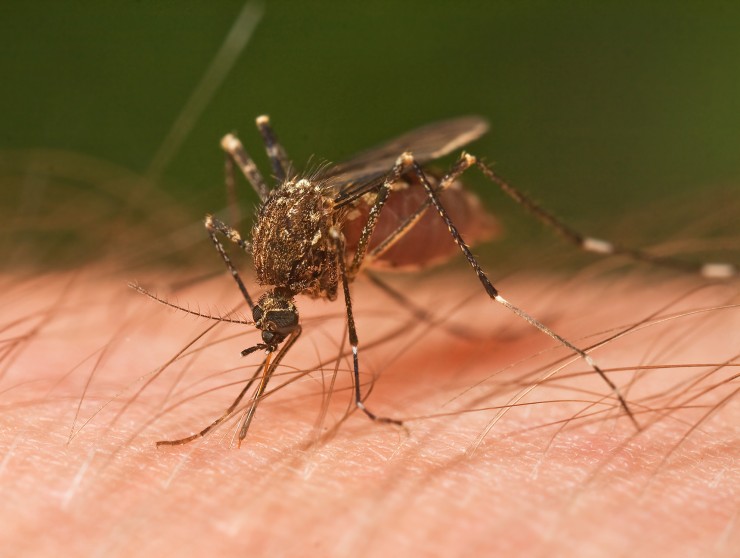EMPORIA- Flint Hills Community Health Center officials reported on their web site that Lyon County has had its first lab-confirmed case of an emerging mosquito-transmitted virus in 2015.
The Chikungunya virus, according to the KDHE, is a viral disease transmitted by the bite of infected mosquitoes.
During 2014, the Kansas Department of Health and Environment identified the two cases of travel-associated chikungunya virus. The patients, both adults from Sedgwick County, reported to the Caribbean.
Chikungunya outbreaks have occurred in countries in Africa, Asia, Europe, and the Indian and Pacific Oceans. In late 2013, the first local transmission of chikungunya virus in the Americas was identified in Caribbean countries and territories. Local trans- mission means that mosquitoes in the area have been infected with the virus and are spreading it to people.
• No vaccine exists to prevent chikungunya virus infection or disease.
• Prevent chikungunya virus infection by avoiding mosquito bites (see below).
The mosquitoes that spread the chikungunya virus bite mostly during the daytime.
• Use air conditioning or window/door screens to keep mosquitoes outside. If you are not able to protect yourself from mosquitoes inside your home or hotel, sleep under a mosquito bed net.
• Help reduce the number of mosquitoes outside your home or hotel room by emptying standing water from containers such as flowerpots or buckets.
• When weather permits, wear long-sleeved shirts and long pants.
• Use insect repellents
◦ Repellents containing DEET, picaridin, IR3535, and oil of lemon eucalyptus and para-menthanediol products provide long lasting protection.
◦ If you use both sunscreen and insect repellent, apply the sunscreen first and then the repellent.
◦ Do not spray repellent on the skin under your clothing.
◦ Treat clothing with permethrin or purchase permethrin-treated clothing.
◦ Always follow the label instructions when using insect repellent or sunscreen.
